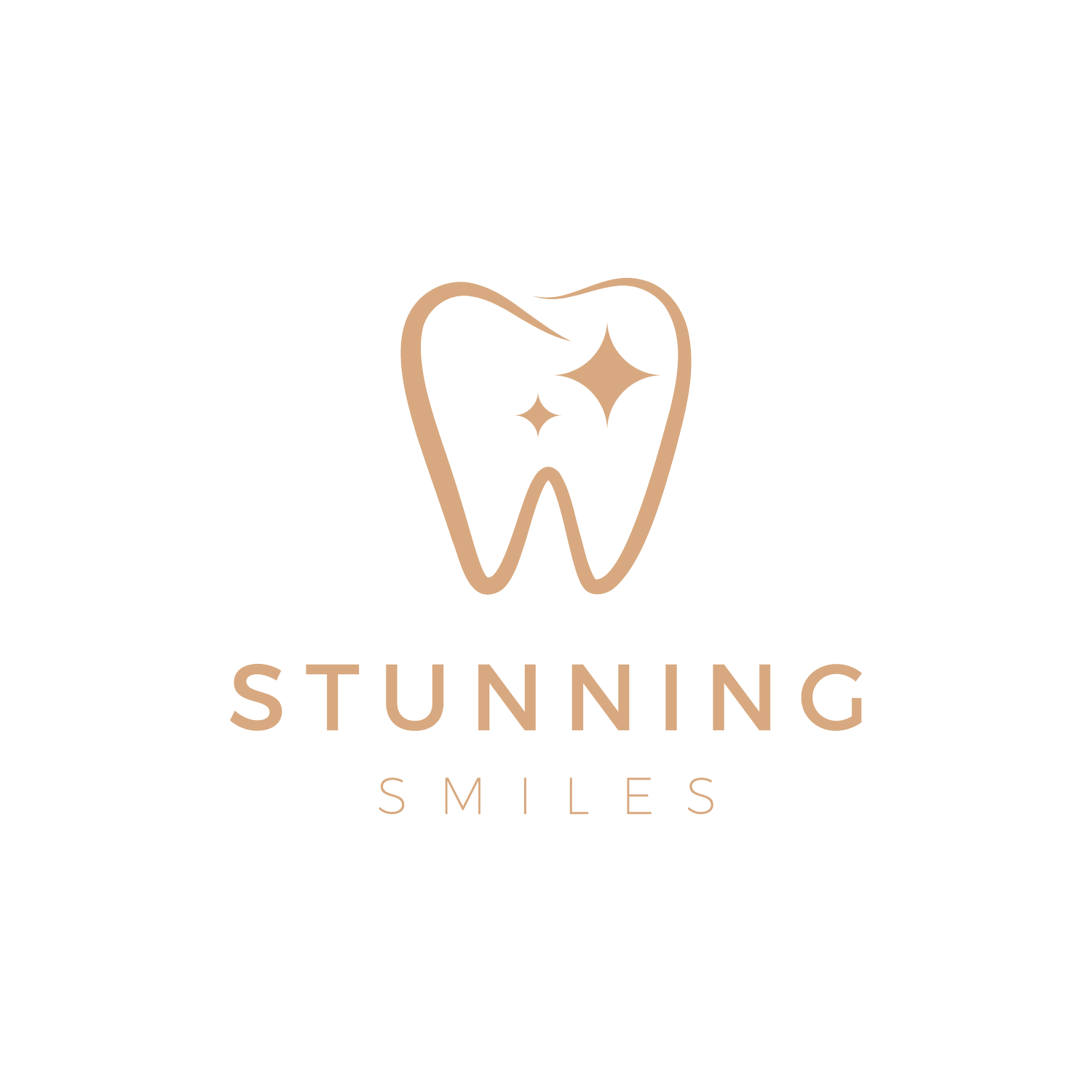The Connection Between Hormones and Oral Health: What You Need to Know
Hormones play a crucial role in regulating various bodily functions, and their impact extends to oral health as well. Hormonal fluctuations can significantly affect the health of your gums, teeth, and overall oral environment. Understanding the relationship between hormones and oral health is essential for maintaining a healthy smile throughout different stages of life.
How Hormones Affect Oral Health
1. Puberty:
During puberty, the body undergoes significant hormonal changes, particularly an increase in sex hormones such as estrogen and testosterone. These changes can lead to heightened sensitivity in the gums, making them more prone to inflammation and bleeding. Adolescents may also experience an increase in dental plaque, contributing to the risk of gingivitis.
2. Menstruation:
Many women experience oral health changes during their menstrual cycle. Hormonal fluctuations, especially the rise in progesterone, can cause temporary gum inflammation, bleeding, and swelling, known as menstruation gingivitis. These symptoms typically subside once the menstrual period is over.
3. Pregnancy:
Pregnancy brings about profound hormonal changes that can affect oral health. Elevated levels of progesterone and estrogen increase blood flow to the gums, making them more sensitive and prone to inflammation and bleeding, a condition known as pregnancy gingivitis. Pregnant women are also at a higher risk of developing pregnancy tumors (pyogenic granulomas), which are benign but can cause discomfort. Maintaining good oral hygiene and regular dental check-ups are crucial during pregnancy to manage these issues.
4. Menopause:
The decline in estrogen levels during menopause can lead to several oral health problems. Women may experience dry mouth (xerostomia), which increases the risk of tooth decay and gum disease. Bone loss associated with decreased estrogen levels can also affect the jawbone, potentially leading to tooth loss and a condition known as osteoporosis-related periodontitis.
5. Hormonal Contraceptives:
Oral contraceptives, which contain synthetic hormones, can also impact oral health. Some women may experience increased gum inflammation and bleeding as a side effect. It's important to inform your dentist if you are using hormonal contraceptives, as they can provide tailored advice and care.
Tips for Maintaining Oral Health Amidst Hormonal Changes
1. Practice Good Oral Hygiene:
Brushing twice a day with fluoride toothpaste and flossing daily can help maintain healthy teeth and gums. Good oral hygiene is essential for preventing plaque buildup and reducing the risk of gum disease, especially during hormonal changes.
2. Regular Dental Check-Ups:
Regular visits to the dentist are crucial for monitoring and managing any changes in oral health due to hormonal fluctuations. Professional cleanings and exams can help detect early signs of gum disease and other oral health issues, allowing for prompt treatment.
3. Stay Hydrated:
Drinking plenty of water can help combat dry mouth, especially during menopause. Saliva plays a vital role in protecting teeth from decay and maintaining oral health, so staying hydrated is important.
4. Maintain a Balanced Diet:
Eating a balanced diet rich in vitamins and minerals supports overall health, including oral health. Foods high in calcium and vitamin D are particularly important for maintaining strong teeth and bones.
5. Communicate with Your Dentist:
Inform your dentist about any hormonal changes you are experiencing, such as pregnancy, menopause, or the use of hormonal contraceptives. This information helps your dentist provide personalised care and recommendations to manage any oral health issues effectively.
Conclusion
Hormonal fluctuations can have a significant impact on oral health, affecting everything from gum sensitivity to the risk of tooth decay. By understanding the connection between hormones and oral health, you can take proactive steps to maintain a healthy smile throughout different stages of life. Practicing good oral hygiene, staying hydrated, eating a balanced diet, and maintaining regular dental check-ups are key strategies for managing the effects of hormonal changes on your oral health. If you have any concerns, don't hesitate to discuss them with your dentist, who can provide tailored advice and care to keep your smile healthy and bright.


